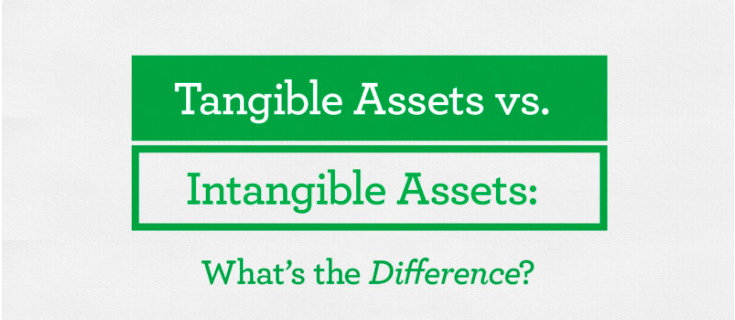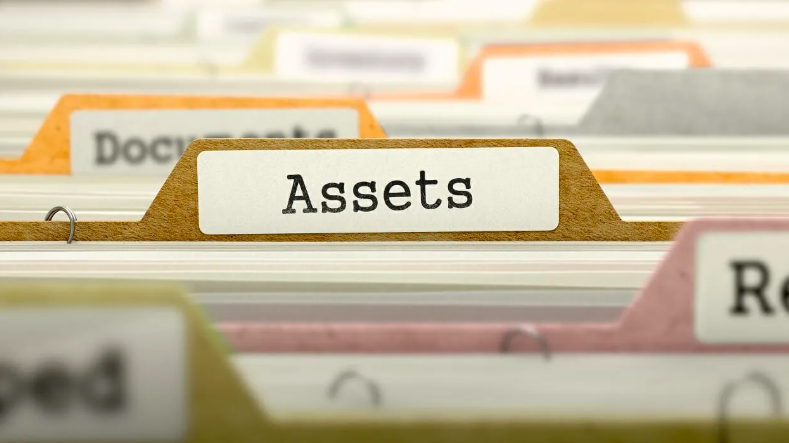
What Is Property Management? A Beginner’s Guide
If you’re new to real estate investing or renting out property, you’ve probably heard the term property management. But what exactly does it mean, and why is it important? Whether you’re a landlord, investor, or tenant, understanding property management is key to making informed decisions. This beginner’s guide will break down everything you need to know about property management, its roles, and its benefits.
What Is Property Management?
Property management refers to the oversight and operation of real estate properties on behalf of the owner. This can include residential, commercial, or industrial properties. Property managers act as intermediaries between landlords and tenants, handling day-to-day tasks to ensure the property is well-maintained, profitable, and compliant with laws.
Key Responsibilities of a Property Manager
Property managers wear many hats. Here are some of their primary responsibilities:
1. Tenant Management
Finding Tenants: Advertising vacancies, conducting showings, and screening applicants.
Lease Agreements: Drafting and signing lease agreements that protect both the landlord and tenant.
Rent Collection: Collecting rent on time and handling late payments.
Tenant Relations: Addressing tenant concerns, complaints, and maintenance requests.
2. Maintenance and Repairs
Routine Maintenance: Ensuring the property is well-maintained and addressing wear and tear.
Emergency Repairs: Handling urgent issues like plumbing leaks or electrical problems.
Vendor Management: Hiring and supervising contractors for repairs and renovations.
3. Financial Management
Setting Rent Prices: Analyzing market trends to set competitive rental rates.
Budgeting: Managing the property’s finances, including expenses and income.
Reporting: Providing landlords with regular financial reports and updates.
4. Legal Compliance
Understanding Laws: Staying up-to-date with landlord-tenant laws, fair housing regulations, and local ordinances.
Handling Evictions: Managing the eviction process legally and ethically if necessary.
Safety Standards: Ensuring the property meets health and safety codes.
5. Marketing and Advertising
Listing Properties: Creating compelling listings to attract potential tenants.
Showings: Conducting property tours for prospective renters or buyers.
Reducing Vacancies: Implementing strategies to minimize vacancy periods.
Types of Property Management
Property management isn’t one-size-fits-all. Here are the main types:
Residential Property Management: Managing single-family homes, apartments, condos, or townhouses.
Commercial Property Management: Overseeing office buildings, retail spaces, or industrial properties.
Vacation Rental Management: Handling short-term rentals like Airbnb or vacation homes.
HOA Management: Managing homeowners’ associations for condos or planned communities.
Why Is Property Management Important?
Property management plays a crucial role in maximizing the value and profitability of real estate investments. Here’s why it matters:
Saves Time: Property managers handle time-consuming tasks, freeing up landlords to focus on other priorities.
Reduces Stress: From tenant disputes to maintenance issues, property managers take the burden off landlords.
Maximizes ROI: By minimizing vacancies, setting competitive rents, and maintaining the property, managers help landlords maximize their returns.
Ensures Compliance: Property managers ensure the property adheres to all legal and safety requirements.
Improves Tenant Satisfaction: Professional management leads to happier tenants, which can reduce turnover and improve cash flow.
When Should You Hire a Property Manager?
Not every landlord needs a property manager, but here are some scenarios where it makes sense:
You own multiple properties or live far from your rental property.
You don’t have the time or expertise to manage the property yourself.
You’re dealing with difficult tenants or frequent maintenance issues.
You want to scale your real estate portfolio without getting overwhelmed.
How to Choose the Right Property Management Company
If you decide to hire a property manager, here’s how to find the right one:
Check Credentials: Look for licensed, experienced professionals with a solid reputation.
Read Reviews: Check online reviews and ask for references from past clients.
Compare Fees: Understand their fee structure and ensure it fits your budget.
Interview Candidates: Ask about their experience, processes, and how they handle challenges.
Review the Contract: Ensure the agreement outlines all services, fees, and responsibilities.
Final Thoughts
Property management is an essential aspect of real estate investing that can save you time, reduce stress, and maximize your returns. Whether you’re a first-time landlord or a seasoned investor, understanding the role of property management can help you make smarter decisions and achieve your real estate goals.
If you’re considering hiring a property manager, take the time to research and choose a professional who aligns with your needs and values. With the right partner, you can turn your property into a hassle-free, profitable investment.

 March 03, 2025
March 03, 2025



